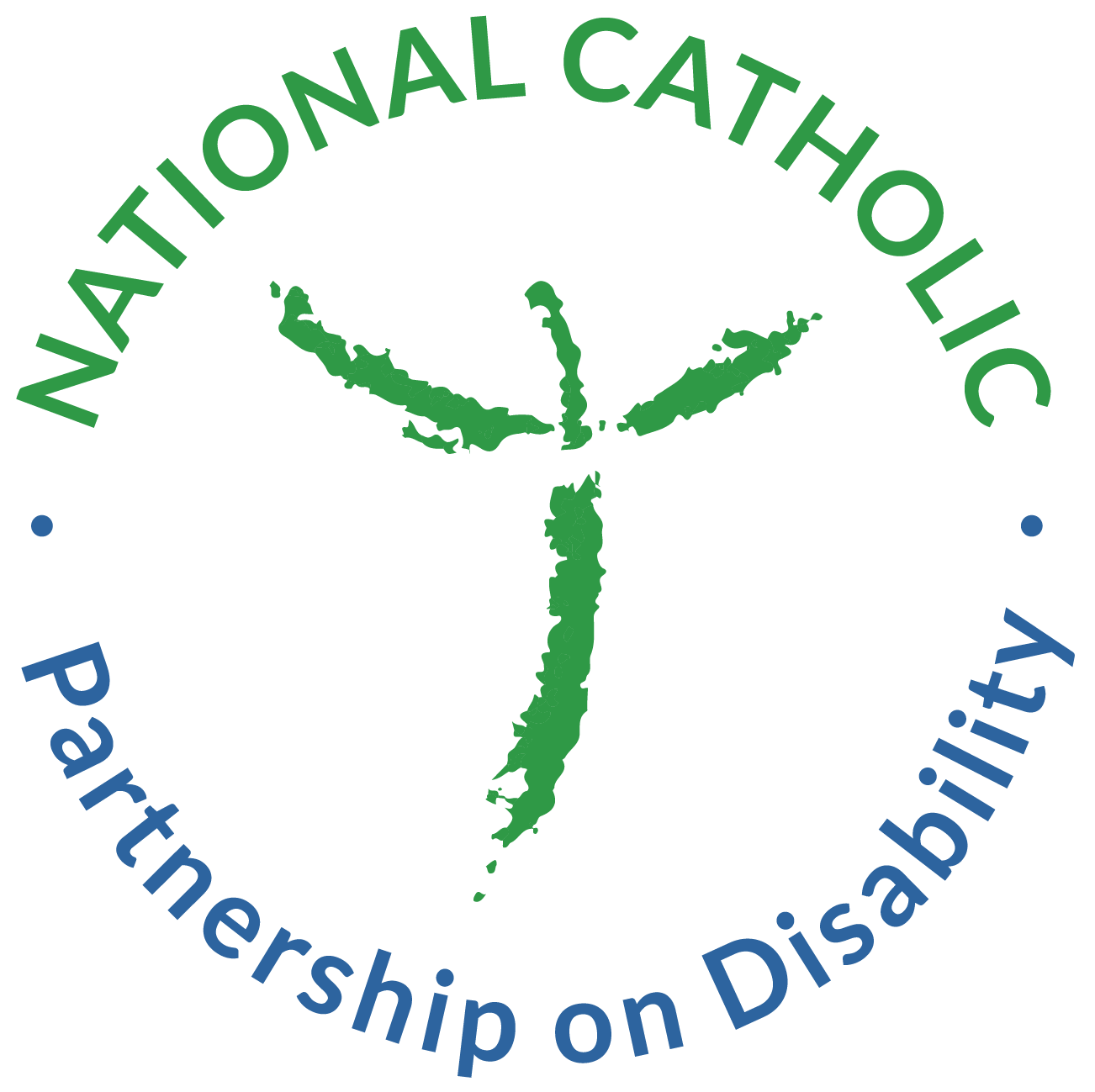
Re: H.B. 1114: Homicide; Offering to Assist in Commission of Suicide; Repeal Certain Provisions
April 9, 2012
Dear Governor Deal:
I am Chair of the National Catholic Partnership on Disability (NCPD), which is an agency approved by the U.S. bishops to provide pastoral guidance for persons with disabilities. On behalf of NCPD, I urge you to not veto but to sign into law H.B. 1114, and thus help keep physician-assisted suicide and the threat it presents to disabled people from spreading.
Our ministries include outreach to persons with physical and mental disabilities, including those with all forms of physical disability, vision and hearing impairments, mental illness, autism, in other words, any disability that impacts a person’s ability to access pastoral resources. This is accomplished through a national network of diocesan level leaders called by their bishops, including the Bishops of Georgia, who in such ministries serve thousands of persons with disabilities, not only for the almost million Catholics in Georgia, but for those of any or no faith.
We are intimately aware of the dangers that the legalization of physician-assisted suicide presents to society, the mission of the medical profession, and particularly to persons with disabilities, who receive the not-so-subtle message that those with progressive or eventually terminal conditions have less ‘dignity’ than those without disabilities. Often the message makes one question whether resources should be expended on the person facing these challenges. It carries with it the ultimate discrimination in services made available to persons, when being assisted to die provides an inexpensive alternative to what others have deemed the ‘burden’ of living. Thus, we ask that you not veto H.B. 1114, which would prohibit assisted suicide in Georgia.
United States Supreme Court Justice Rehnquist, in Washington v. Glucksberg, 521 U.S. 702, 732 (1997), cited “the real risk of subtle coercion and undue influence in end-of-life situations.” Consequently, states can ban assisted suicide to vindicate their important interest in protecting marginalized people, including those with disabilities, “from abuse, neglect, and mistakes.” Id. at 731. But, as the Court further explained: “The State's interest here goes beyond protecting the vulnerable from coercion; it extends to protecting disabled and terminally ill people from prejudice, negative and inaccurate stereotypes, and societal indifference.” Id. at 732 (internal quotations omitted). Glucksberg indicates that there is no right to assisted suicide under the U.S. Constitution.
Data concerning physician-assisted suicide in Oregon, over the years in which it has been legalized (1998-2010), indicate that of the 525 persons who have been assisted to die during that period, 84.1% based their requests on a fear of loss of dignity. Human beings never lose their dignity; but vulnerable populations easily can fear abandonment and discrimination due to their illnesses and disability. This stark reality is compounded by the fact that Oregon law requires a psychological evaluation referral if there is a concern that the request for assisted suicide is based upon an unaddressed mental health issue. Only 39 of the 525 persons who were assisted to die had such a referral. The implications are obvious and glaring: legalizing assisted suicide creates a societal message that some lives are not worth living, and any depression associated with dealing with the challenges of a progressive and disabling disease can be resolved, not by eliminating the stress from the suffering, but by eliminating the sufferer.
We are involved on a daily basis with activities to help persons with disabilities to recognize their inherent dignity, despite the challenges they face. Legalizing assisted suicide sends the unmistakable message that society considers some people better off dead. It sends the unmistakable message that such lives are not worth living and that the burdens they place on society are thus not worth bearing. It sends a message that the weak and the vulnerable, the less productive and efficient, those disabled or with terminal conditions, hear loud and clear— that they only have dignity when they are dead.
On behalf of the fourteen million disabled Catholics NCPD serves, and the thousands who reside in Georgia, I urge you to sign H.B. 1114 into law.
Sincerely,
Susanna D. Herro
Attorney at Law
Chair of the Board
National Catholic Partnership on Disability

